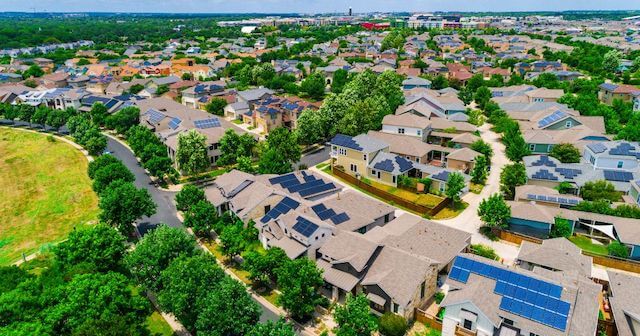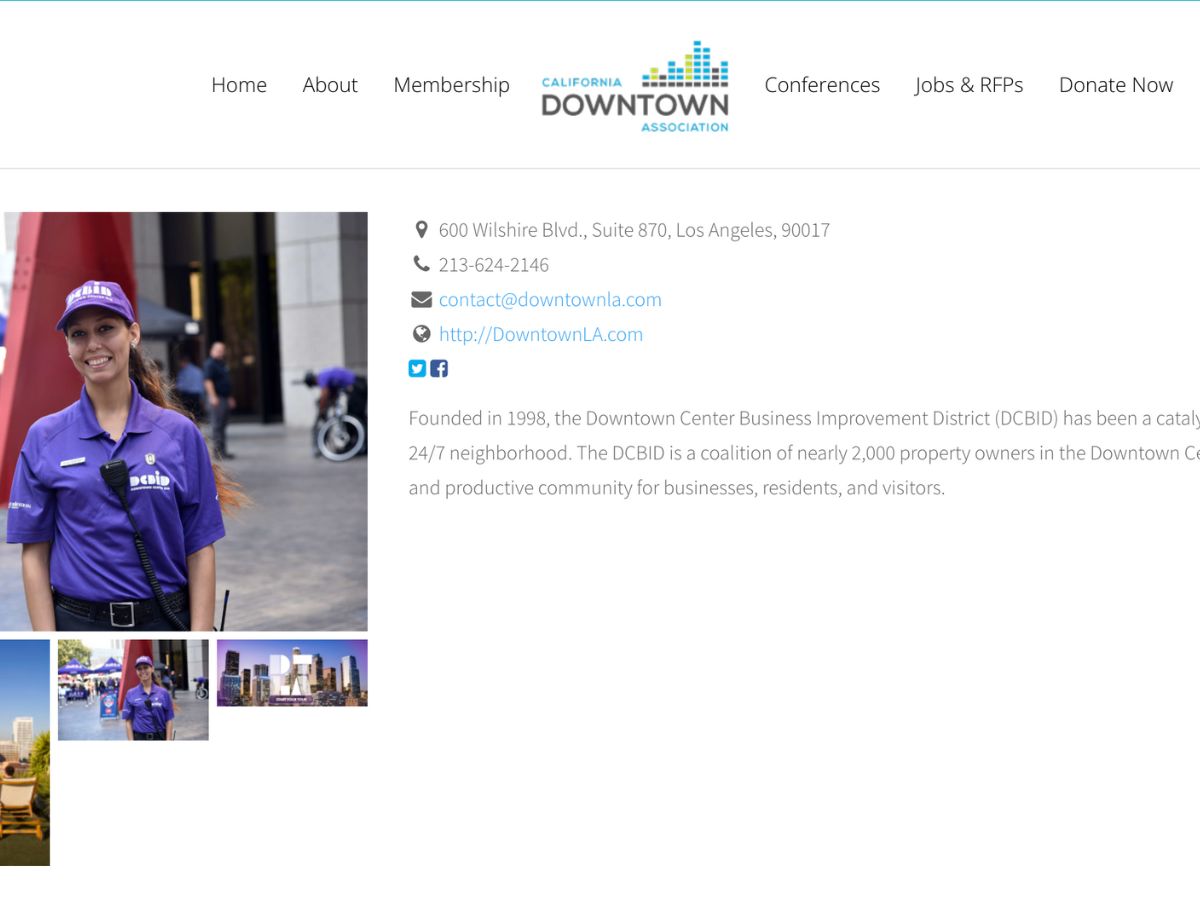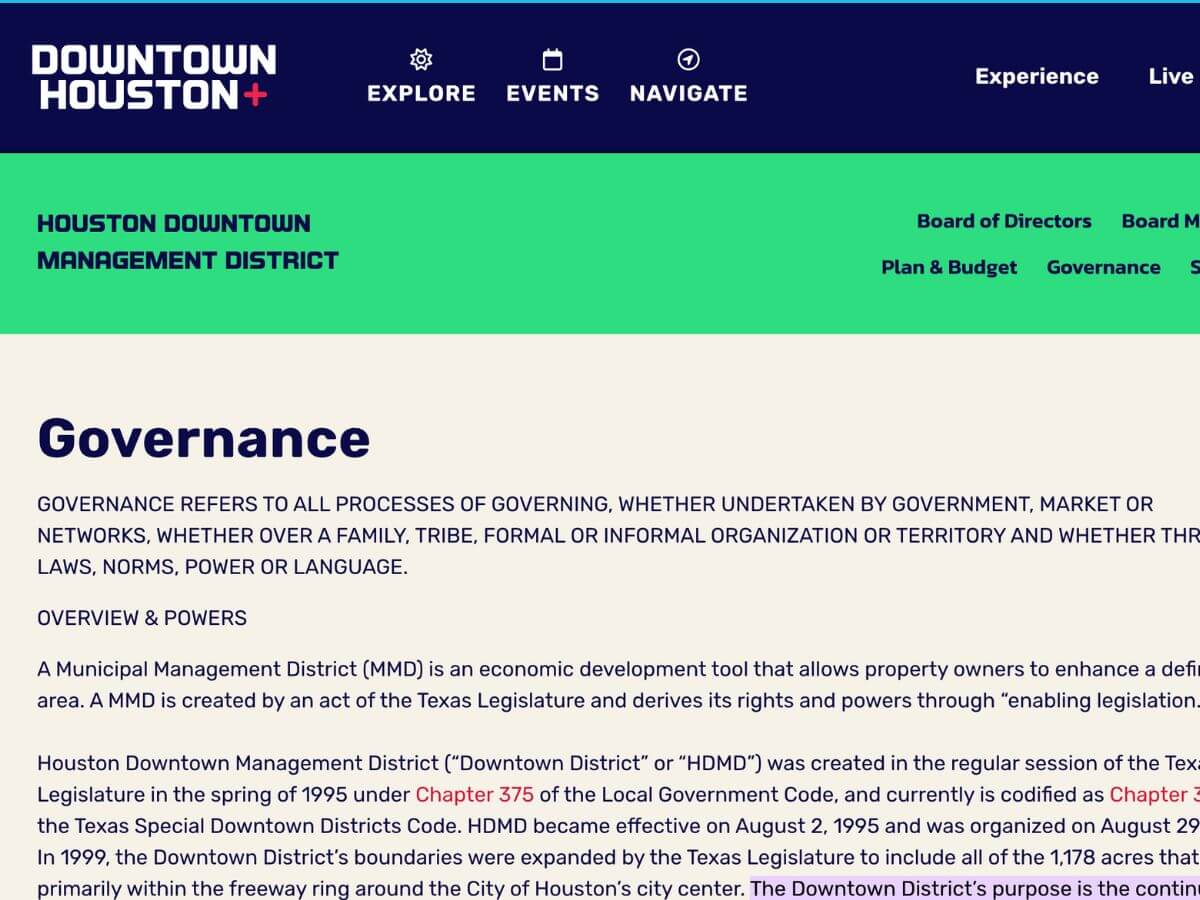What is a Community Benefits District?
Within a municipality, a Community Benefits District (CBD) is a designated region where property owners contribute extra taxes or fees to support district-wide improvements and services. These improvements include public safety, upkeep, beautification, marketing, and other services aimed at raising the standard of living and boosting the local economy. A non-profit corporation or similar institution manages the monies raised by this extra assessment and works closely with local stakeholders to meet the district’s particular needs.
The Community Benefits District’s Objective
A CBD’s main objectives are to enhance city services and make the area cleaner, safer, and more appealing to locals, businesses, and tourists. CBDs have the ability to greatly increase a region’s economic potential by emphasizing customized services and localized enhancements that make the area more attractive and livelier.
Community Benefits District Examples
There are many different types of Community Benefits Districts in the US, all of which are designed to meet the unique requirements and objectives of the local communities. Here are a few noteworthy instances:
San Francisco, California’s Union Square Business Improvement District (BID):
Enhancing the visitor experience in one of San Francisco’s most prestigious retail and entertainment areas is the main goal of this CBD. The Union Square BID provides funding for extra cleaning, security patrols, marketing, and events, all of which help to create a vibrant and friendly environment that both residents and visitors can enjoy.
Los Angeles, California’s Downtown Center Business Improvement District (DCBID):
The DCBID provides sanitation services, and homeless volunteering, alongside security patrols for the downtown district of Los Angeles. By means of marketing campaigns and commercial support services, the BID further fosters economic growth, therefore making a substantial contribution to the rehabilitation of downtown Los Angeles.
Baltimore, Maryland’s Waterfront Partnership:
This is an organization that oversees the city’s waterfront and places a strong emphasis on safety, sanitation, and aesthetics. The Inner Harbor region is now a bustling tourist and residential attraction with plenty of recreational options and annual events, thanks in large part to the efforts of the Waterfront Partnership.
Community Benefits Districts in Texas You Should Know
There are many Community Benefits Districts in Texas, all aiming to improve their own areas. Several well-known CBDs in Texas are as follows:
Downtown Austin Alliance (DAA):
The Downtime Austin Alliance promotes economic growth, maintains public safety, and provides upkeep in an effort to make downtown Austin a lively and inviting place. Additionally, the partnership plans activities and projects to support downtown Austin’s social and cultural life.
The mission of the Houston Downtown Management District (HDMD):
Is to transform downtown Houston into an appealing destination for tourism, employment, and residence. Houston Downtown Management District offers improved services including cleaning, aesthetic enhancement, and public safety projects. It also supports corporate growth and cultural events.
Downtown Dallas, Inc. (DDI):
With initiatives including street cleaning, security for everyone, and economic growth, Downtown Dallas Inc. seeks to enhance downtown Dallas’ quality of life. Through events and marketing, the group further advances downtown Dallas’ reputation as a thriving tourist destination.
The goal of the San Antonio River Walk Public Improvement District (RW-PID) is to preserve and improve the city’s famous River Walk neighborhood. RW-PID offers safety, maintenance, and aesthetic services to guarantee the River Walk continues to be a top tourist destination and a welcoming neighborhood for residents.
Importance of Community Benefits Districts
Community Benefits Districts are essential to the growth and resurgence of metropolitan areas. The following are some main arguments in favor of CBDs:
It Improves Public Services:
CBDs provide extra services that surpass what local governments are able to do because of financial limitations. These services, which include more frequent patrols by public safety officers and improved cleaning initiatives, improve both the standard of living for locals and the environment’s appeal to companies.
It Promotes Economic Development:
CBDs attract more companies, residents, and tourists by making the surrounding region safer, cleaner, and livelier. Increased property prices, greater employment possibilities, and a larger tax base for the municipality are all possible outcomes of this economic activity.
It Promotes Community Engagement:
To make sure that the programs and services they provide are in line with the desires and preferences of the community, CBDs often include community members in the process of making decisions. Residents and owners of companies feel more pride and ownership as a result of this participation.
For Decoration and Maintenance:
Consistent efforts to maintain and beautify a district, such as planting, painting over graffiti, and installing public art, improve its visual appeal. This improves the quality of life and employment in the region while also drawing visitors and shopping, which strengthens the local economy.
It Enhances Safety and Security:
Residents and guests feel less unsafe when safety precautions are taken, such as adding more security patrols and better lighting. A community’s general well-being and appeal as a location to live and trade depend heavily on its ability to maintain a safe atmosphere.
It Promotes Cultural and Social Excitement:
A lot of CBDs plan and assist with festivals, public art initiatives, and other cultural events. In addition to offering amusement and possibilities for learning, these events strengthen the community’s social structure and have the potential to attract tourists from outside the region, which helps support nearby businesses.
Can community district benefits be Reversed in Texas?
In general, Community Benefits Districts are an essential instrument for economic growth and urban enhancement. CBDs produce more thriving, aesthetically pleasing, and economically viable areas by offering improved services and encouraging community involvement. The examples from other states—Texas included—showcase the variety of ways that CBDs may be customized to match the unique requirements of their local communities, thereby advancing the more general objective of inclusive and sustainable urban growth.
But in Texas, the particular procedure for taking back community district benefits would vary depending on the kind of district and the laws that control it. When there are important improvements to the way the district operates, public presentations or votes are usually open to residents and organizations. We recommend that you speak with attorneys or authorities knowledgeable about Texas state law as well as the particular district in issue for comprehensive information and legal guidance. In conclusion, community district benefits may be withdrawn or changed, but doing so usually requires adhering to certain legal and administrative procedures.





